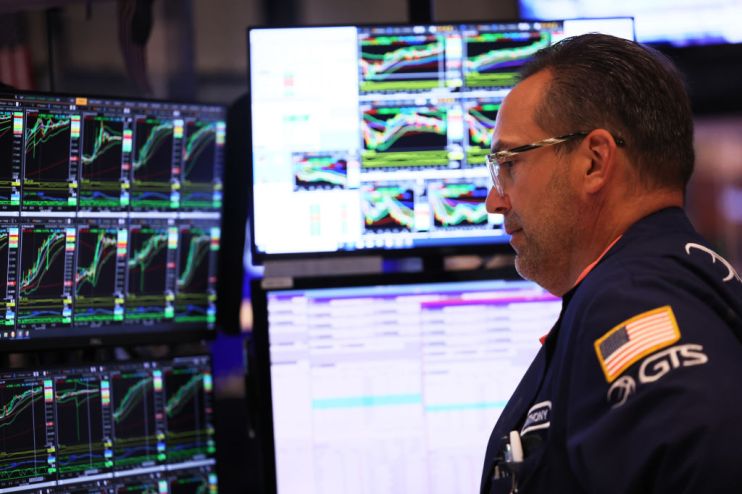Central banks to take centre stage in busy week for markets
Central banks will be back in focus this week with investors awaiting rate decisions from both the US Federal Reserve and the Bank of England.
Last week, the European Central Bank (ECB) left rates on hold for the third consecutive meeting, but markets interpreted the press conference which followed the meeting in relatively dovish terms.
Although Christine Lagarde, president of the ECB, noted that it was still “premature” to discuss cutting rates, she said “the disinflation process is at work” and admitted that risks to the economy were “tilted to the downside”.
Both the Fed and the Bank of England are set to leave rates on hold, but traders will be looking for any signs of a dovish pivot.
“The focus will likely be on messaging regarding the timing of the first rate cut given the still resilient growth picture,” analysts at Deutsche Bank said.
Markets currently think the Fed will start cutting rates in March while the Bank will have to wait until May or June to start easing borrowing costs.
In the US rate cut bets were fuelled by data released at the end of last week that showed that core PCE inflation, the Fed’s preferred measure, remained at two per cent on a six-monthly basis suggesting that inflationary pressures are more or less contained.
“The Fed can’t justify keeping its policy rate in restrictive territory for much longer,” Andrew Hunter, deputy chief US economist at Capital Economics said.
Investors will receive more data on the US economy when January’s employment report is released. Economists expect the US economy to have added 185,000 jobs in January, down from 216,000 last month.
In Europe meanwhile new growth figures, to be released on Tuesday, are expected to confirm that the eurozone fell into recession in the second half of last year with economists expecting a 0.2 per cent contraction.
Flash inflation data for January will then be released on Wednesday. Markets are expecting a slight moderation in the headline CPI index to 2.8 per cent from 2.9 per cent in December.
